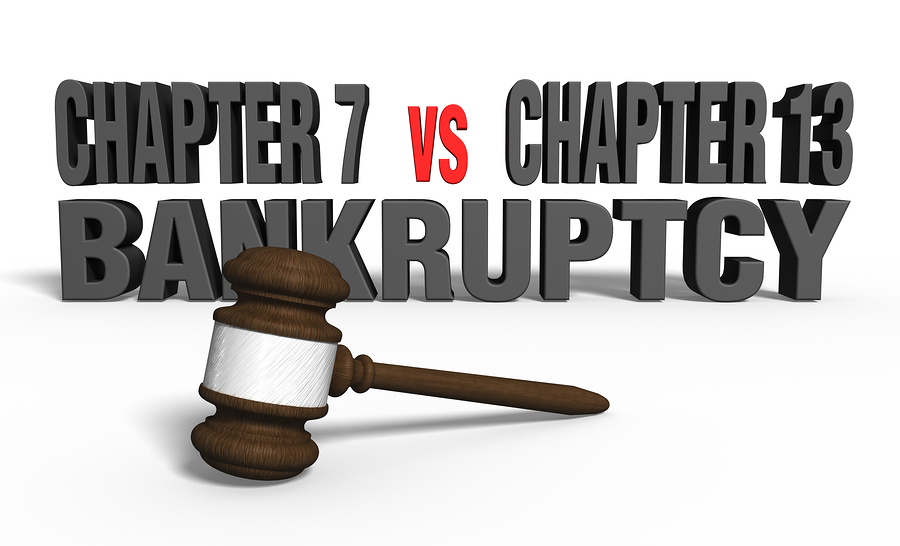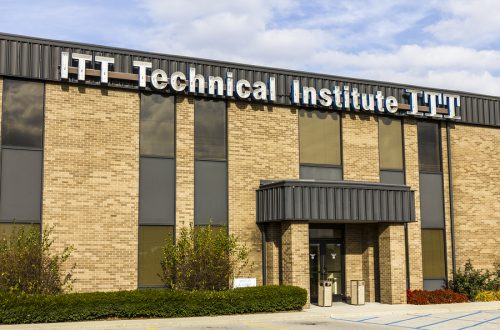One of the biggest fears people have when filing for bankruptcy is losing their home, car, and other important assets. However, with Florida bankruptcy exemptions and depending on the type of bankruptcy being filed, it is possible for consumers to keep their home and other property. It ultimately depends on the filer’s financial circumstances.
Protecting Home Equity
How much equity the filer has in his or her home plays a big part in whether he or she can keep it. Equity plays an important part in both Chapter 7 and Chapter 13 bankruptcies. The equity a person has in his or her home is protected through the state’s homestead exemption, and fortunately for Florida filers, the state’s homestead exemption is quite generous.
While many states limit how much equity the filer can exempt in the bankruptcy case, Florida bankruptcy courts allow the filer to claim all the equity so long as certain circumstances are met, including:
- The filer has owned the property for the last 1,215 days prior to filing; and
- The property is not larger than ½ an acre in the city or 160 acres in rural areas.
The person’s ability to catch up on missed payments while staying current on future payments plays a key role in whether he or she can keep the home.
Many filers prefer to file for Chapter 7 bankruptcy because the entire process can be completed in a matter of months, as compared to three- to five- years, a Chapter 13 bankruptcy requires.
Under a Chapter 7 case, the filer can keep his or her home so long as he or she is current on the mortgage payments and can continue making those payments in the future. The problem is many times the individual is already well behind on his or her mortgage payments by the time he or she files for bankruptcy. Given the short amount of time a Chapter 7 bankruptcy takes, it is not always feasible for the consumer to catch up on missed payments within a few months.
A Chapter 13 bankruptcy case may be the better choice to allow the individual to catch up on missed payments over the course of the repayment period. A Chapter 13 bankruptcy case requires the consumer to work closely with the bankruptcy trustee to create a realistic repayment plan to pay back all creditors over three to five years, including the filer’s mortgage lenders. Depending on how far behind the filer is on his or her mortgage payments, it is completely possible to catch up on what was owed while staying current on the mortgage. So long as the filer is keeping up with the repayment plan, the mortgage holder cannot foreclose on the property during the bankruptcy case.
Please click here to read more.
If you have questions on this topic or are in financial crisis and considering filing for bankruptcy, contact an experienced Miami bankruptcy attorney who can advise you of all of your options. As an experienced CPA as well as a proven bankruptcy lawyer, Timothy Kingcade knows how to help clients take full advantage of the bankruptcy laws to protect their assets and get successful results. Since 1996 Kingcade Garcia McMaken has been helping people from all walks of life build a better tomorrow. Our attorneys’ help thousands of people every year take advantage of their rights under bankruptcy protection to restart, rebuild and recover. The day you hire our firm, we will contact your creditors to stop the harassment. You can also find useful consumer information on the Kingcade Garcia McMaken website at www.miamibankruptcy.com.



